Tunisia

TUNISIA is the smallest country in North-Africa. It is famous for having been one of the sites of the ancient Phoenician civilization. Carthage was the new center of the maritime trade empire and the largest metropolis in the world at that time. It was the home of Hannibal, the ancient Carthaginian general and statesman and deadly rival of Rome.
More recently, Tunisia has become known as a popular, affordable BEACH DESTINATION with an oriental flair that has had a thriving tourism industry since the 1960s.
Not sure where to go?
Explore the options for a responsible trip
GOOD PLACES TO VISIT
Explore destinations that were certified for their sustainability efforts
GOOD BUSINESSES
Discover accommodations, restaurants, shops and attractions that are commited to responsible development
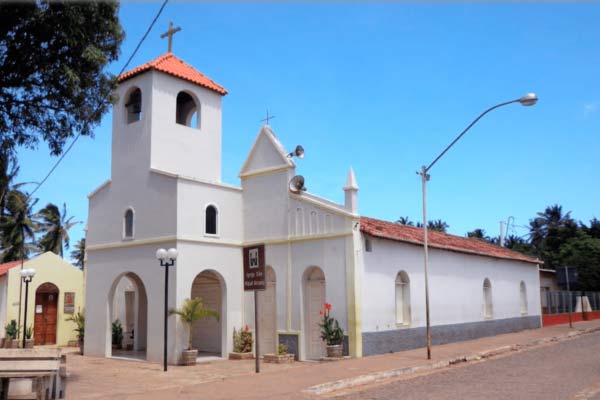
Historic and cultural heritage
In addition to the beaches, take the opportunity to visit the Casa de Taipa Museum and the Church of São Miguel do Arcanjo.
PROMO CODE:
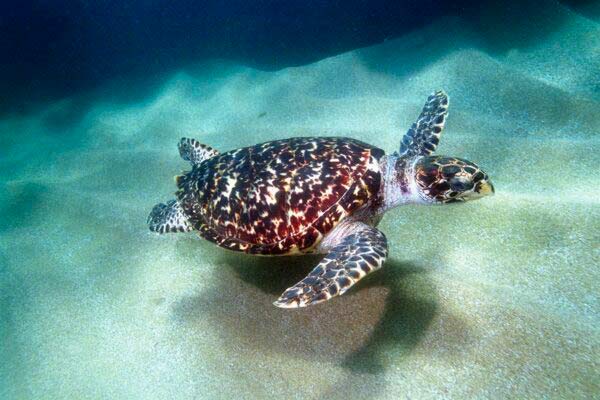
Historic and cultural heritage
In addition to the beaches, take the opportunity to visit the Casa de Taipa Museum and the Church of São Miguel do Arcanjo.
PROMO CODE:

Historic and cultural heritage
In addition to the beaches, take the opportunity to visit the Casa de Taipa Museum and the Church of São Miguel do Arcanjo.
PROMO CODE:
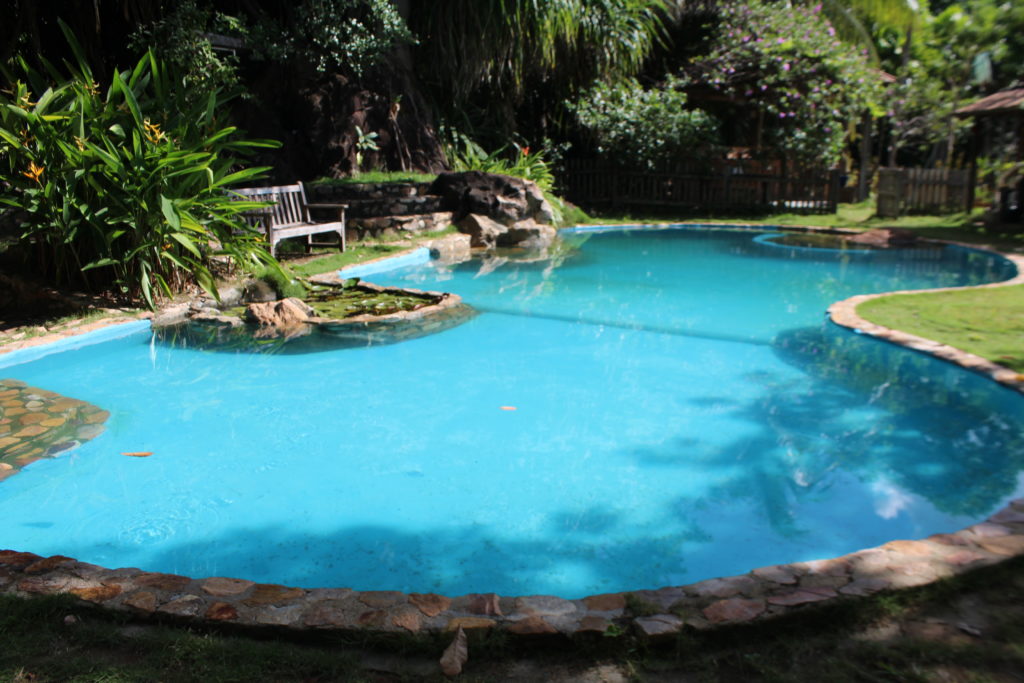
Historic and cultural heritage
In addition to the beaches, take the opportunity to visit the Casa de Taipa Museum and the Church of São Miguel do Arcanjo.
PROMO CODE:
GOOD PRACTICE STORIES
Get inspired with stories from places and people that are acting for a fair and responsible tourism
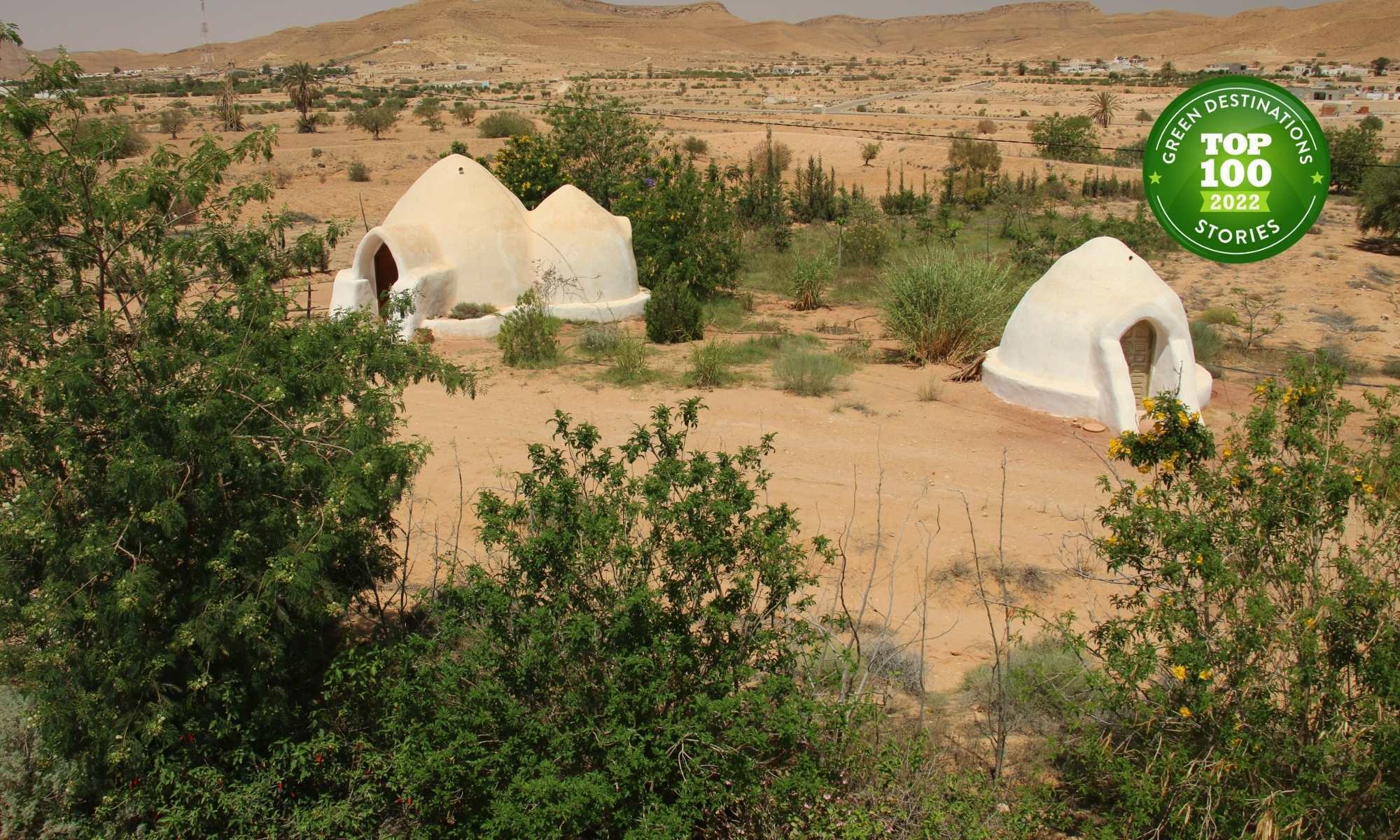
Dahar
KNOW THEIR STORY THEIR SCORE CARD
Sustainability
Tunisia has shown progress in promoting sustainability through various initiatives during the past years. Efforts are being made to protect its diverse landscapes, from the Mediterranean coastline to the Sahara Desert. Initiatives include reforestation projects, eco-friendly tourism practices, and regulations to reduce plastic waste. Tunisia is also promoting cultural preservation, focusing on historical sites and traditions, making it a destination where sustainability and rich heritage coexist, benefiting both the environment and local communities.
Travel tips from our editors
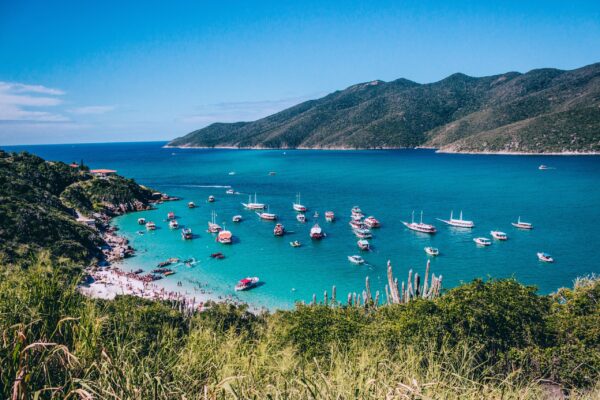
Getting around
The country offers a variety of options, including trains and buses. The Tunisian Railways (SNCFT) provides train services connecting major cities, while long-distance and local buses are widely available. Tunis, the capital, has a modern light rail system that eases urban commuting. In urban areas, walking or using bicycles can be convenient, allowing you to explore cities at a enjoyable pace.
Tourism & People
Tunisia is one of the most visited countries in Africa and has been an attractive destination since the 1960s. The tourism industry contributes approximately 5% of its GDP and represents a vital source of local employment. With a rich historical tapestry, including ancient Roman ruins and medieval Islamic architecture, Tunisia’s heritage is a draw for history enthusiasts. Its diverse landscapes, from the golden Sahara Desert to the Mediterranean coastline, provide a variety of experiences for nature lovers.
The warm hospitality of the Tunisian people, who welcome visitors with open arms, adds to the charm of this North African destination.
Nature & Wildlife
For a relatively small country, Tunisia boasts some of the rarest species of birds, animals and plants in the world. The coastline of Tunisia enjoys whale and dolphin watching including rough-toothed dolphins, bottle-nosed dolphins and the common dolphin. The country boasts eight national parks located around the country, each hosting interesting nature and wildlife. Some of them are Ichkeul National Nature Park (a UNESCO World Heritage Site) and El Feija National Park.
Sustainability Recognitions
Brazil has 9 destinations featured in the Top 100 Sustainable Destinations 2021.
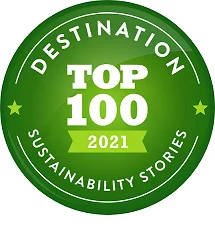
Other sustainability certifications can be seen here (English) and here (Portuguese).

Fernanda Rodak | Page Editor
“Brazil is a worldwide known hotspot for biodiversity as well as home to a multitude of cultural expressions. The natural and cultural heritage and immense variety of tourism experiences in the country are valuable assets for its competitiveness. Yet, as we envision a post Covid-19 era, sustainability in tourism becomes crucial to build resilience and guarantee the long-lasting health of Brazil’s ecosystems and well-being of the hosting communities. This would also ensure an active contribution of the country’s tourism sector to the Sustainable Development Goals.”
Visit other destinations nearby?
Get in touch
Support
We are a multicultural, creative and dedicated team working to promote sustainable tourism. Join us in our fight against the climate crisis, single-use plastics and over-tourism!
